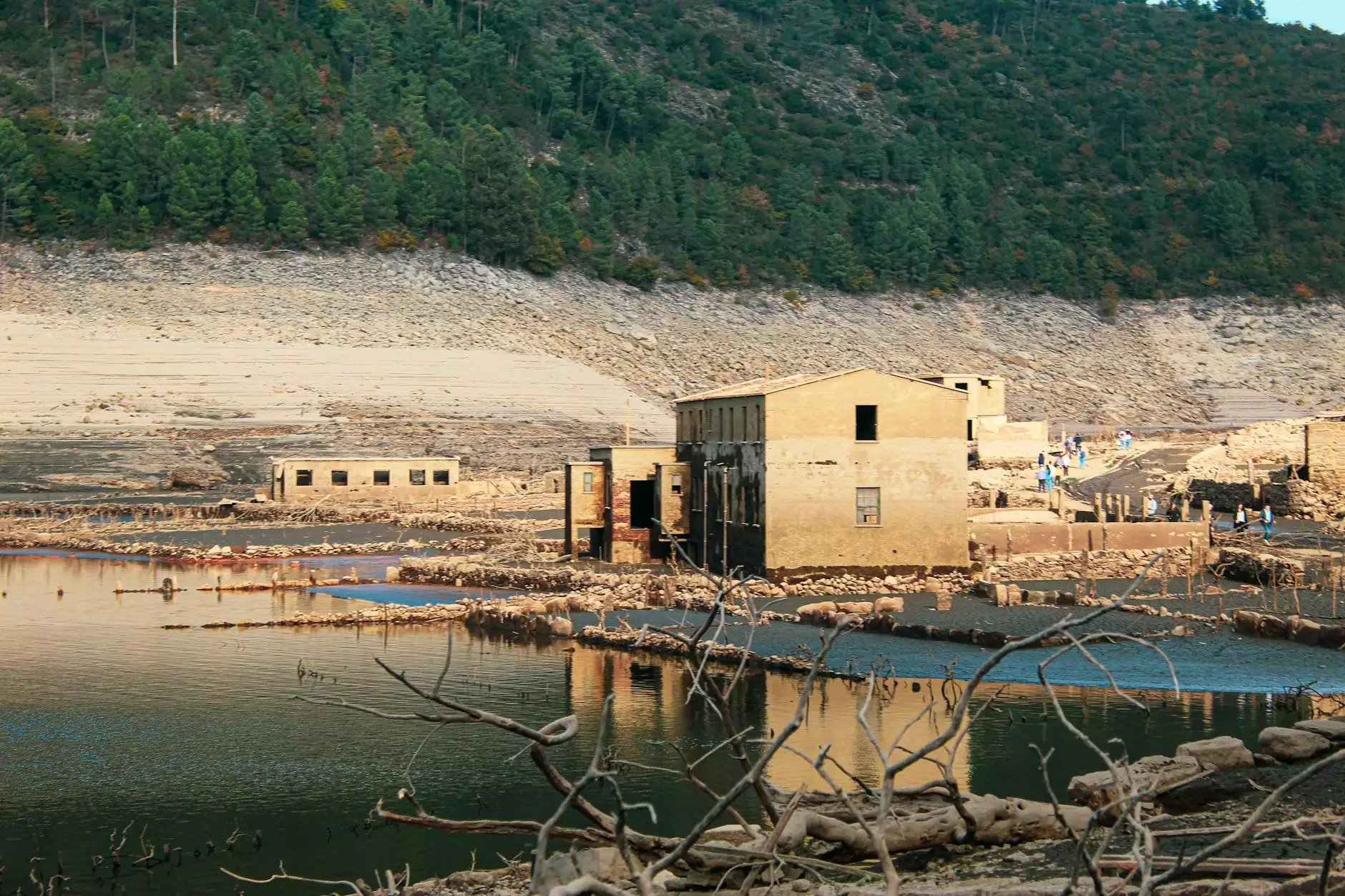Expert Guide to Concrete Pool Resurfacing

When it comes to maintaining the aesthetic appeal and longevity of your swimming pool, concrete pool resurfacing stands out as one of the most effective solutions. Modern homeowners are increasingly recognizing the importance of a well-maintained pool, both for enhancing their property's value and for ensuring a pleasurable swimming experience. This comprehensive guide delves into the nuanced world of concrete pool resurfacing, covering its benefits, processes, and essential maintenance tips that every pool owner should know.
Understanding the Need for Concrete Pool Resurfacing
Over time, concrete pools may degrade due to various factors such as exposure to harsh chemicals, UV rays, and constant water pressure. Consequently, you may start noticing signs of wear that include:
- Cracks: Structural imperfections that can result from the ground settling or temperature fluctuations.
- Chalking: A white powder on the pool surface caused by the breakdown of materials.
- Rough Texture: A surface that is not smooth can contribute to discomfort when swimming.
- Stains: From leaves, dirt, or algae that can mar the appearance of your pool.
These issues not only diminish the visual appeal of your pool but can also lead to larger problems if left unaddressed. Repairing these superficial and structural issues through resurfacing is crucial for both pool safety and enjoyment.
Benefits of Concrete Pool Resurfacing
Opting for concrete pool resurfacing offers numerous advantages, including:
- Enhanced Appearance: A freshly resurfaced pool looks brand new and increases your property’s visual appeal.
- Increased Longevity: Updating the surface can significantly extend the life of your pool, preventing future water loss and structural damage.
- Smoother Surface: Restoring the original texture makes swimming safer and more enjoyable.
- Value Addition: A well-maintained pool can substantially increase your home's market value.
- Customization Options: Resurfacing allows homeowners to choose colors and textures that match their individual styles.
The Process of Concrete Pool Resurfacing
Understanding the pool resurfacing process is crucial for preparing for the investment and making informed decisions. Here’s a breakdown of the steps involved:
Step 1: Assessment
The first step involves a thorough assessment of your pool. A professional should check for cracks, structural integrity, and necessary repairs. Identifying the type of damage will determine the appropriate resurfacing materials and methods.
Step 2: Surface Preparation
Preparation is key! This phase may involve:
- Drain the Pool: Completely drain the pool to access the entire surface.
- Clean the Surface: Remove any debris, algae, or stains using a pressure washer or pool cleaner.
- Repair Cracks: Fill in any cracks with a special concrete patching material to ensure a flat surface.
Step 3: Resurfacing Application
Once the surface has been properly prepared, it's time for resurfacing. Here are common methods:
- Gunite: This method involves spraying a concrete mix onto the pool surface, which is then troweled smooth.
- Plaster: Mixing cement, marble dust, and water creates a smooth, durable finish.
- Pebble Finish: Incorporates natural stones for a textured and aesthetically pleasing surface.
Step 4: Curing
After the resurfacing material has been applied, it needs to cure properly. Curing generally takes about 7 to 14 days, depending on the material used and weather conditions.
Step 5: Filling and Balancing Water
Once the new surface has cured, it's time to fill the pool with water. Testing and balancing the water chemistry is crucial to ensure that the newly resurfaced area is not damaged by improper chemical levels.
Maintaining Your Resurfaced Pool
Post-resurfacing maintenance is vital for preserving your pool's new look and functionality. Here are some tips for maintaining your concrete pool:
- Regular Cleaning: Invest in a good pool vacuum and cleaning tools to maintain a clean surface that prevents algae growth and staining.
- Monitor Water Chemistry: Regularly test and adjust the pH and chlorine levels to prevent discoloration and damage.
- Check for Cracks: Routine inspections can help catch any emerging cracks before they become major issues.
Why Choose Professionals for Concrete Pool Resurfacing?
While some homeowners might consider attempting DIY resurfacing, hiring professionals is highly recommended. Here’s why:
- Expertise: Professionals have extensive experience and knowledge about different resurfacing materials and techniques.
- Quality Assurance: Ensures that the job is done correctly, reducing the likelihood of rework and additional costs.
- Time Efficiency: Professionals can complete the job much faster than the average DIYer.
poolrenovation.com specializes in every aspect of swimming pool care, offering tailored resurfacing solutions that cater to the unique needs of each customer. With expert guidance and unparalleled service, your concrete pool can be transformed into a stunning centerpiece for your outdoor space.
Frequently Asked Questions about Concrete Pool Resurfacing
How long does resurfacing last?
Typically, a newly resurfaced concrete pool can last anywhere from 10 to 20 years, depending on the materials used and maintenance practices employed.
Can I use my pool immediately after resurfacing?
It is essential to wait for the curing process to complete before using your pool. Most materials require about 7-14 days to cure properly.
What is the ideal time of year for resurfacing?
Calm and dry weather, typically in spring or fall, is ideal for resurfacing projects to ensure proper curing and application.
How much does concrete pool resurfacing cost?
Costs can vary significantly based on the size of the pool and the materials chosen, but homeowners should expect to invest anywhere from $3,000 to $7,000 for quality resurfacing.
Conclusion
Concrete pool resurfacing is not just an aesthetic enhancement; it's a critical maintenance practice that preserves the value and longevity of your swimming pool. By understanding the benefits, processes, and ongoing maintenance strategies, you can ensure that your pool remains a refreshing oasis for years to come. If you're considering resurfacing your pool, be sure to consult with the experts at poolrenovation.com to get the best service tailored to your needs.









